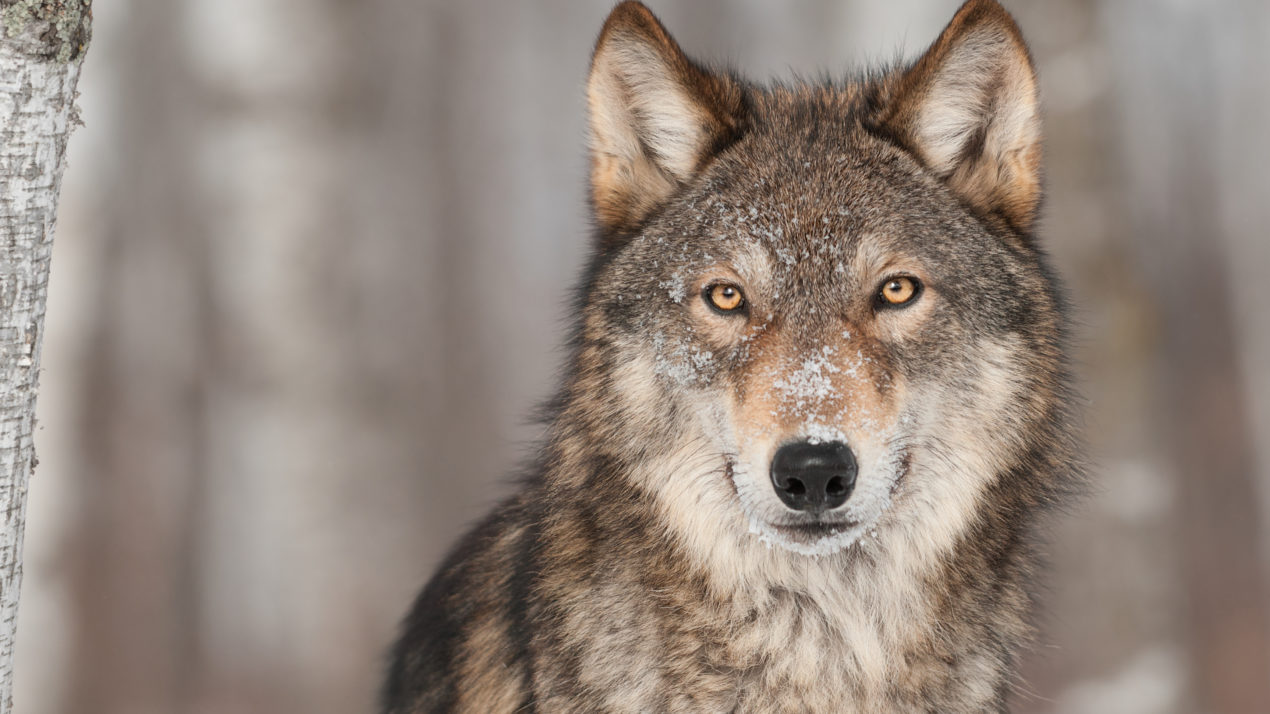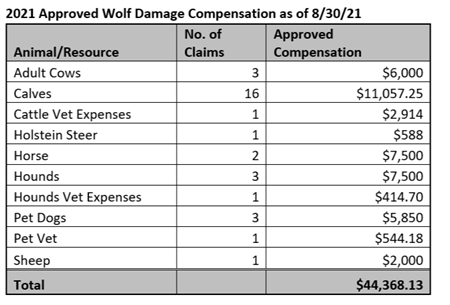
This week, Animal Wellness Action, the Center for a Humane Economy, Friends of the Wisconsin Wolf and Wildlife, and Project Coyote sued the state of Wisconsin over its authorization of a 300-wolf quota for the November wolf hunt.
The conservation groups are calling it a “reckless and politically motivated decision” after the February, 60-hour hunt totaled 218 known killed wolves, which exceeded the quota set by the state by 83 percent. The groups argue that the indirect impacts of the hunt — less breeding females and dominant males — reduce pup production and survival in the spring.
The suit claims the combination of two killing seasons in a single year, at inordinately high levels and contrary to scientific data, may result in the destruction of more than half of the state wolf population in 2021, and puts the survival of the Wisconsin wolf population at risk.
Wisconsin Farm Bureau Federation Director of Government Relations Tyler Wenzlaff says depredation money is funded by wolf hunts. About three dozen claims have been made so far this year totaling $44,368.13 in approved wolf damage compensation, according to the DNR. The DNR would not comment on the suit.

While the conservation groups argue that these figures are miniscule compared to the total livestock in Wisconsin, Wenzlaff explains that one animal could make a big difference to a small farmer. He says WFBF members and most rural Wisconsinites, particularly in northern Wisconsin, support wolf management.
The lawsuit alleges that the political appointees on the Wisconsin Natural Resources Board, pointedly a member from the Walker administration, disregarded the recommendations from DNR staff and chose to set an arbitrary and unsustainable kill level without regard for the health of the wolf population or sustainable ecosystems.
The lawsuit also alleges that the 2011 law that requires Wisconsin to hold an annual wolf hunt is unconstitutional. It asks the Dane County Circuit Court to overturn the law, reverse the quota set by the board, and enjoin DNR from issuing licenses for the November hunt.
The groups are represented by lawyers with Animal & Earth Advocates, Greenfire Law, and the Wisconsin-based Laffey, Leitner & Goode.
When asked if the WFBF would get involved on the opposite side of the lawsuit, for example, filing a brief, Wenzlaff says they’re still looking into it.

